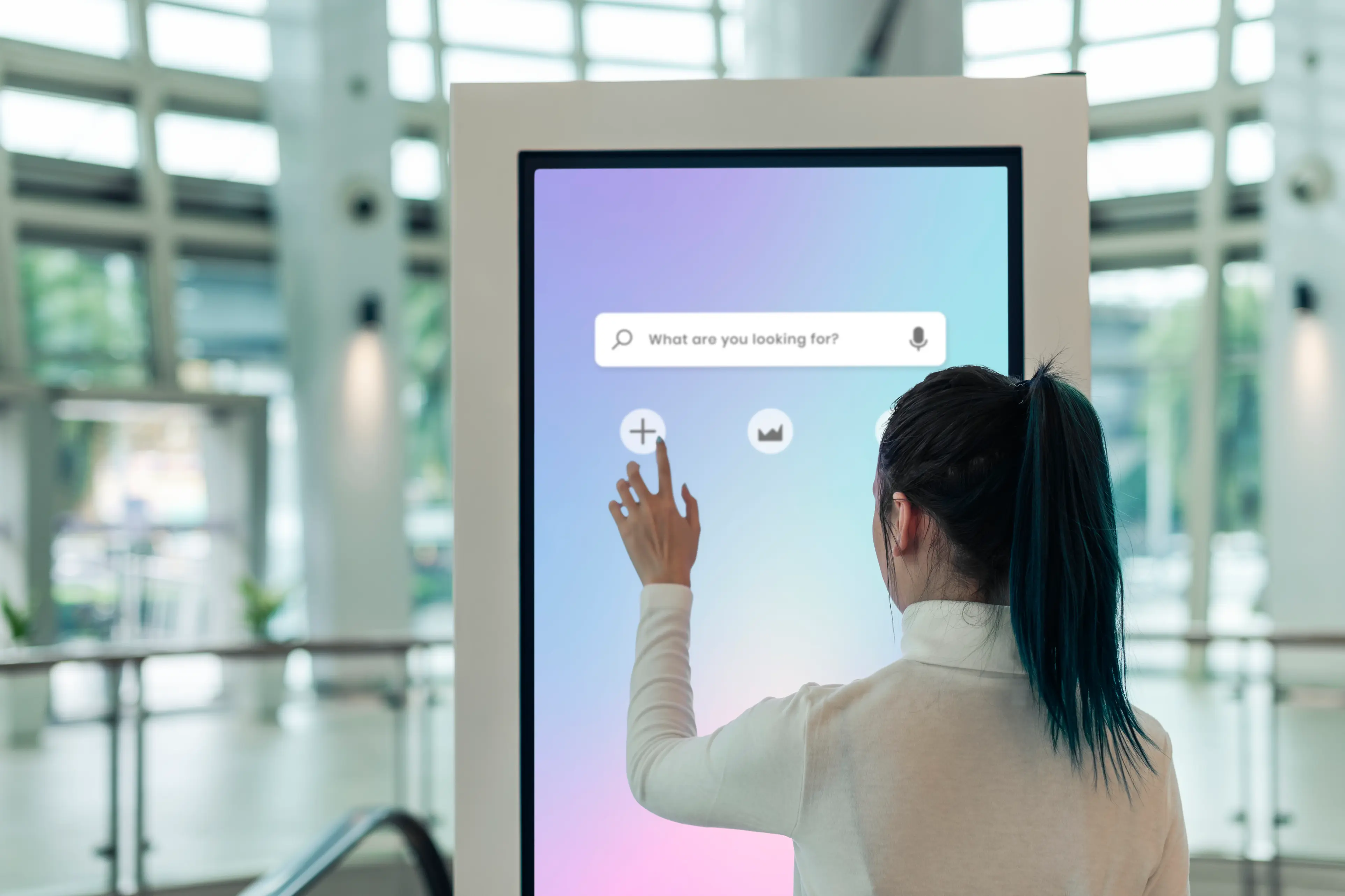


Reach out to us!
Start your AI journey today and let us help you understand your business better. Send us an email or book a meeting with one click!


Reach out to us!
Start your AI journey today and let us help you understand your business better. Send us an email or book a meeting with one click!
11th September 2024


Belle Williams
The integration of advanced technologies is transforming traditional stores into dynamic, data-driven environments known as smart stores. These innovative retail spaces leverage cutting-edge solutions, from AI-driven analytics and IoT sensors to heatmaps and personalised customer experiences, to redefine how businesses operate and how customers shop. At Merlin Cloud, we understand the power of these technologies to drive efficiency, enhance customer engagement, and ultimately, boost sales. In this blog, we'll explore the key trends and innovations that are shaping the future of retail, offering insights into how smart stores are setting a new standard for the industry.
Introduction
What are Smart Stores?
How are Smart Store Different to Traditional Stores?
Benefits of Implementing Smart Store Elements in to your Business
Conclusion
A Smart Store is a retail environment that utilises advanced technologies to enhance the shopping experience, optimise operations, and gather valuable data.
These technologies typically include artificial intelligence (AI), Internet of Things (IoT) sensors, heatmaps, augmented reality (AR), and digital signage. Smart stores are designed to be more responsive to customer needs by providing personalised experiences, automating routine tasks, and delivering real-time insights into shopper behaviour and preferences. The goal of a smart store is to create a seamless, efficient, and engaging shopping environment that meets the demands of modern consumers while improving business performance.

Smart stores differ from traditional stores in several key ways, primarily through their use of advanced technologies to enhance the shopping experience, optimise operations, and gather detailed customer data.
Smart Store | Traditional Store |
|---|---|
Smart Stores use technologies such as AI, IoT sensors, augmented reality (AR), and digital signage. These enable features like personalised recommendations, real-time inventory management, and interactive displays. | Traditional stores rely more on manual processes and lack significant technological integration. Customer interactions, inventory management, and marketing efforts are typically more generic and less data-driven. |
In Smart Stores, the shopping experience is highly personalised and tailored to individual customers. E.g smart stores can use data from previous purchases or in-store behaviour to suggest products, adjust displays, or offer targeted promotions. | Customer experience in traditional stores is more standardised. Personalisation, if it exists, is often based on face-to-face interactions with sales staff rather than data-driven insights. |
These stores continuously collect and analyse data from various sources, such as customer movement patterns (via heatmaps), purchase history, and even biometric data. | Traditional stores may collect basic sales data, but they lack the sophisticated analytics and real-time data utilisation that smart stores employ. |
Through technologies like facial recognition and loyalty apps, Smart Stores can recognise returning customers and offer them tailored experiences. | Generally do not have the capability to offer the same level of personalised engagement. |
Marketing in Smart Stores is often dynamic and data-driven, with promotions that can change in real-time based on customer behaviour and preferences. | Promotions in traditional stores are usually static, such as printed flyers, posters, or in-store announcements, with less ability to target specific customers or adapt to changing circumstances. |
Retailers that have adopted smart store technologies early on have reported a 5-10% increase in market share compared to competitors who have been slower to implement these innovations.
Merlin Cloud’s technologies can transform the shopping experience, streamline operations, and boost profitability. Here’s a look at the key benefits:
Smart stores use data to personalise shopping experiences, offering tailored product recommendations and promotions. This personal touch increases customer satisfaction and loyalty.
Heatmaps and retail cameras provide insights into customer behaviour, allowing you to optimise your store layout. This ensures popular products are in the best locations, improving traffic flow and boosting sales.
Retail Cameras can track stock levels in real-time, reducing the risk of overstocking or stockouts. Automated alerts and AI-driven forecasts help keep your store well-stocked with the right products.
Automation powered by AI handles routine tasks like inventory management and pricing updates, freeing up staff to focus on more important duties, which leads to smoother operations and cost savings.
Smart stores provide access to detailed data on customer behaviour and sales patterns. This information helps you make informed decisions, from pricing strategies to targeted marketing campaigns.
AI-driven surveillance systems monitor the store in real-time, reducing theft and improving overall security.
Smart stores optimise energy use through IoT devices, reducing waste and lowering costs. Automated lighting and HVAC systems ensure energy efficiency, supporting sustainability goals.
Implementing smart store technologies gives your business a competitive edge. Staying ahead with these innovations attracts tech-savvy customers and strengthens your brand’s position in the market.
Over 60% of retailers using smart store technologies report making more informed business decisions based on real-time data, leading to better-targeted marketing campaigns and more efficient store operations.
The rise of smart stores marks a transformative shift in the retail industry, where technology is no longer just an addition but a fundamental component of the shopping experience. By integrating advanced tools like retail cameras and real-time analytics, smart stores offer personalised experiences, optimise operations, and provide businesses with valuable insights that drive growth.
As the retail landscape continues to evolve, the adoption of smart store elements is becoming not just a competitive advantage but a necessity for businesses aiming to stay relevant and meet the demands of modern consumers. By embracing these innovations, retailers can create more engaging, efficient, and sustainable shopping environments that enhance customer satisfaction and boost profitability.
At Merlin Cloud, we’re committed to helping businesses navigate this new era of retail by providing the tools and expertise needed to implement smart store technologies. The future of retail is here, and it’s smarter than ever. Are you ready to transform your store?